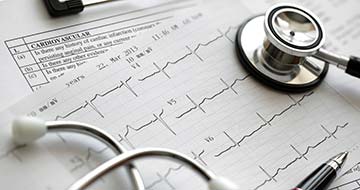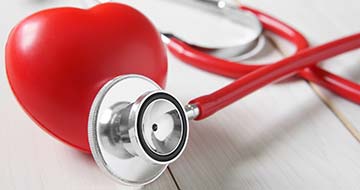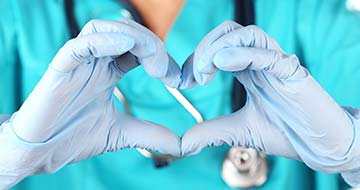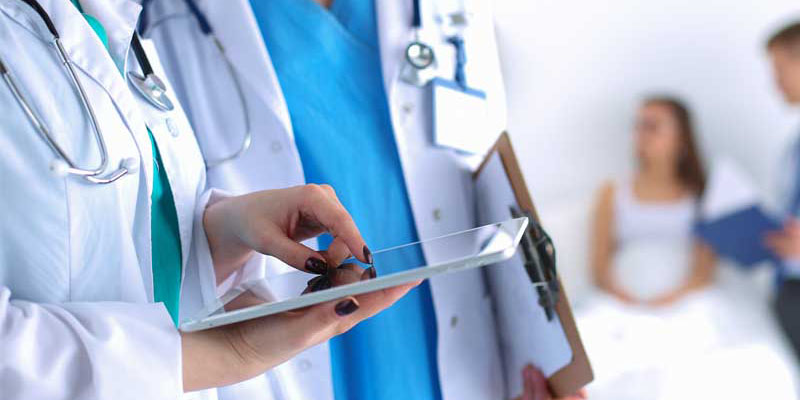Services
The first step in your care process is to understand the nature of your disease so that we can diagnose your condition.
Cardiac Electrophysiology, is the study of the electrical activities of the heart, specifically for the purposes of diag...
When our patients present with problems that may be cardiovascular in nature, we help determine the most likely diagnosi...
We help our patients improve blood flow in their arteries and veins by using very small tubes and specialized tools to d...
When the heart is functioning normally, the arteries are clear and open to allow for easy passage of blood through and o...
The highly trained surgeons and specialists at Biltmore diagnose and treat structural heart disease. We understand the n...
What Does Stress Do to Your Body?
Life can be quite stressful. What to do? While we strive to be more about solutions than problems, understanding how stress affects our bodies is a first step in awareness. Be on the lookout for physical signs of stress and get the help you need to manage through the seasons of life.
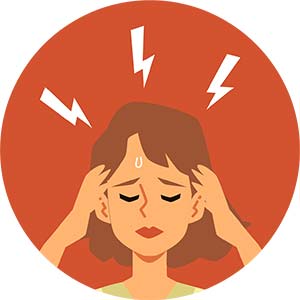 Headaches |
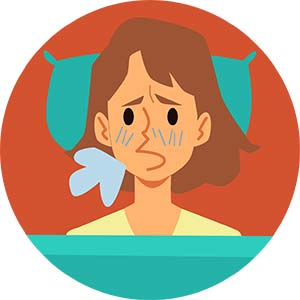 Difficulty Sleeping |
 Depression, Anxiety |
 Eating Disorders, Increase in Alcohol or Substance Use |
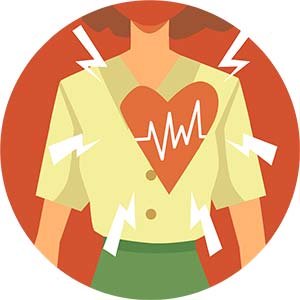 Heart Disease, such as High Blood Pressure |
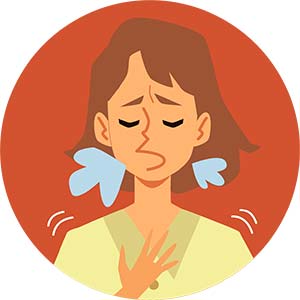 Shortness of Breath, Rapid Breathing |
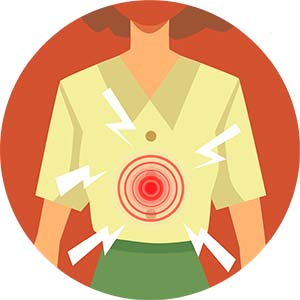 Digestive, Acid Reflux, Nausea |
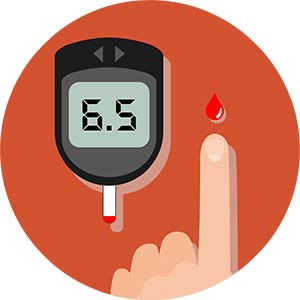 Diabetes |
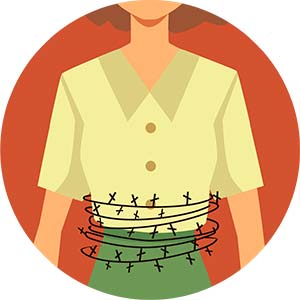 Decline in Sexual Desire or Fertility, Effects on Menstrual Cycles or Menopause |
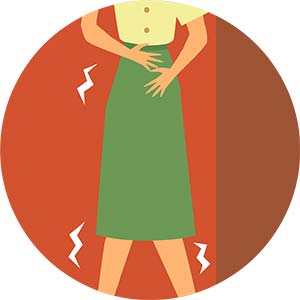 Diarrhea, Constipation |
What You Can Do
If you notice one or more ongoing symptoms of stress, please talk with a doctor. Other ways to manage stress:
- Seek out relaxing activities, such as breathing exercises or meditation.
- Get regular exercise, such as 10 minutes of walking, three times a day.
- Stay connected to those who can provide emotional support.
- Set goals. Start as small or basic as you need and be mindful of accomplishments.
- Learn to say “no” if you feel like you’re taking on too much.
Sources:
National Institute of Mental Health
American Psychological Association



